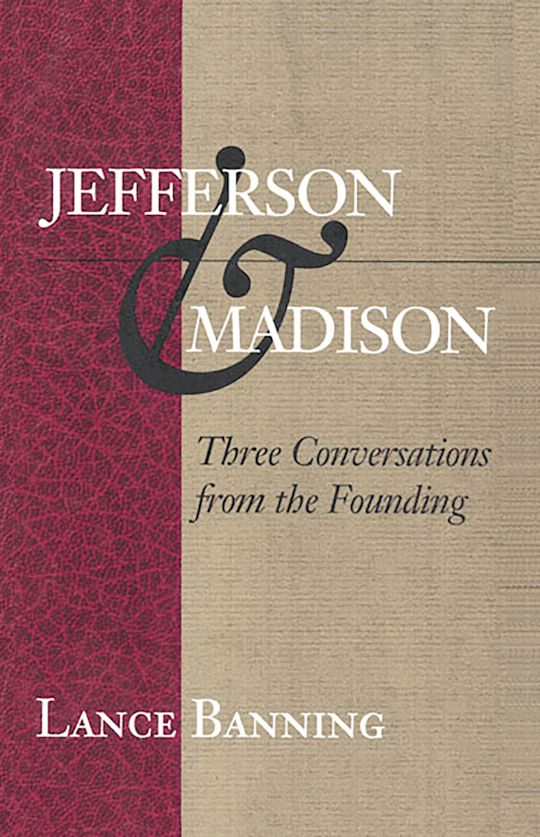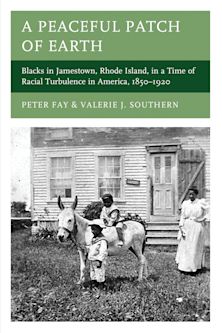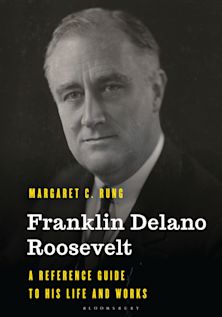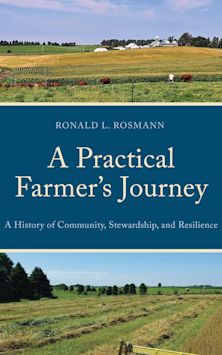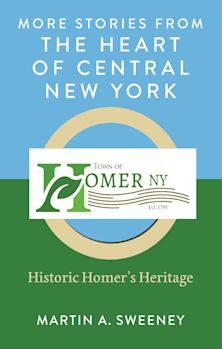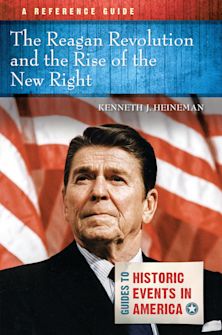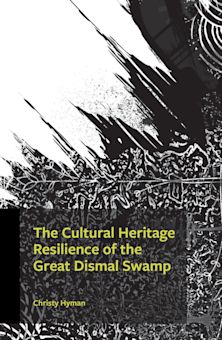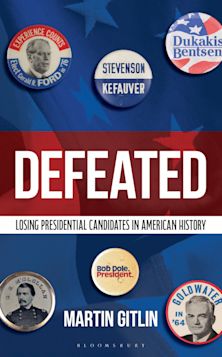- Home
- ACADEMIC
- History
- United States History
- Jefferson & Madison
For information on how we process your data, read our Privacy Policy
Thank you. We will email you when this book is available to order
You must sign in to add this item to your wishlist. Please sign in or create an account
Description
In this thought-provoking book, Lance Banning examines the reflections of Jefferson and Madison on the purpose and need for a bill of rights, their discussion of the nature and necessity of 'public spirit' in a republic, of the usefulness of political rebellion, and Jefferson's reminder that 'the earth belongs . . . to the living.' The author adds selected primary documents to enhance each chapter. This interchange between two of America's greatest thinkers reveals the way in which the two men thought about democracy, public debt, the ownership of property, and the relationship between the present and future generations. Banning provides a glimpse into the intellectual world of the Founders, as well as insight into our own.
Table of Contents
Chapter 2 Preface
Chapter 3 A Declaration of Essential Rights
Chapter 4 "The Earth Belongs to the Living": Property and Public Debt in a Republic
Chapter 5 Public Spirit
Chapter 6 Introductory Documents
Chapter 7 Documents for Chapter One
Chapter 8 Documents for Chapter Two
Chapter 9 Documents for Chapter Three
Chapter 10 Reading Further
Chapter 11 Index
Product details
| Published | 01 Apr 1995 |
|---|---|
| Format | Ebook (Epub & Mobi) |
| Edition | 1st |
| Extent | 256 |
| ISBN | 9781461714361 |
| Imprint | Rowman & Littlefield Publishers |
| Publisher | Bloomsbury Publishing |
About the contributors
Reviews
-
Both Jefferson and Madison were concerned with problems that still face us-individual rights and the national debt. . . . [Banning's] target audience is not only scholars but Americans who feel that Jefferson and Madison are relevant today.
Library Journal
-
A well-crafted work of history that not only gives insight into the lives and thoughts of the two men but also stimulates thought about the public institutions they helped create.
Kirkus Reviews









